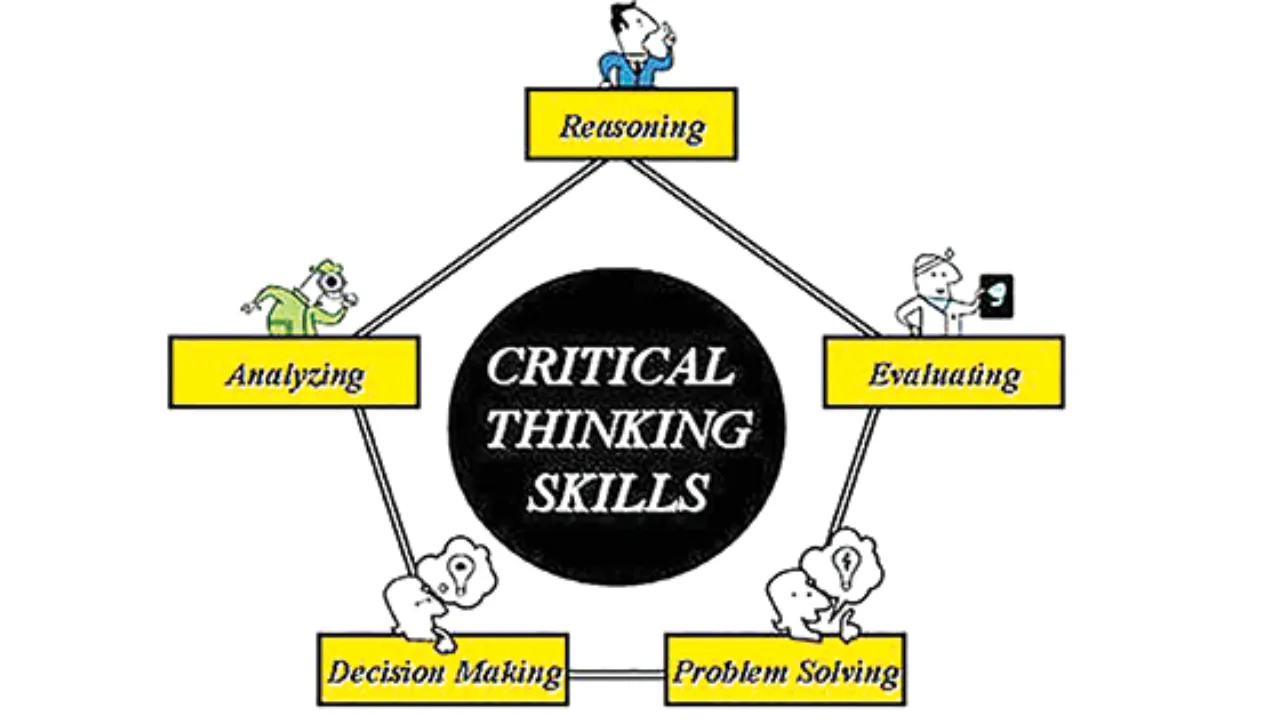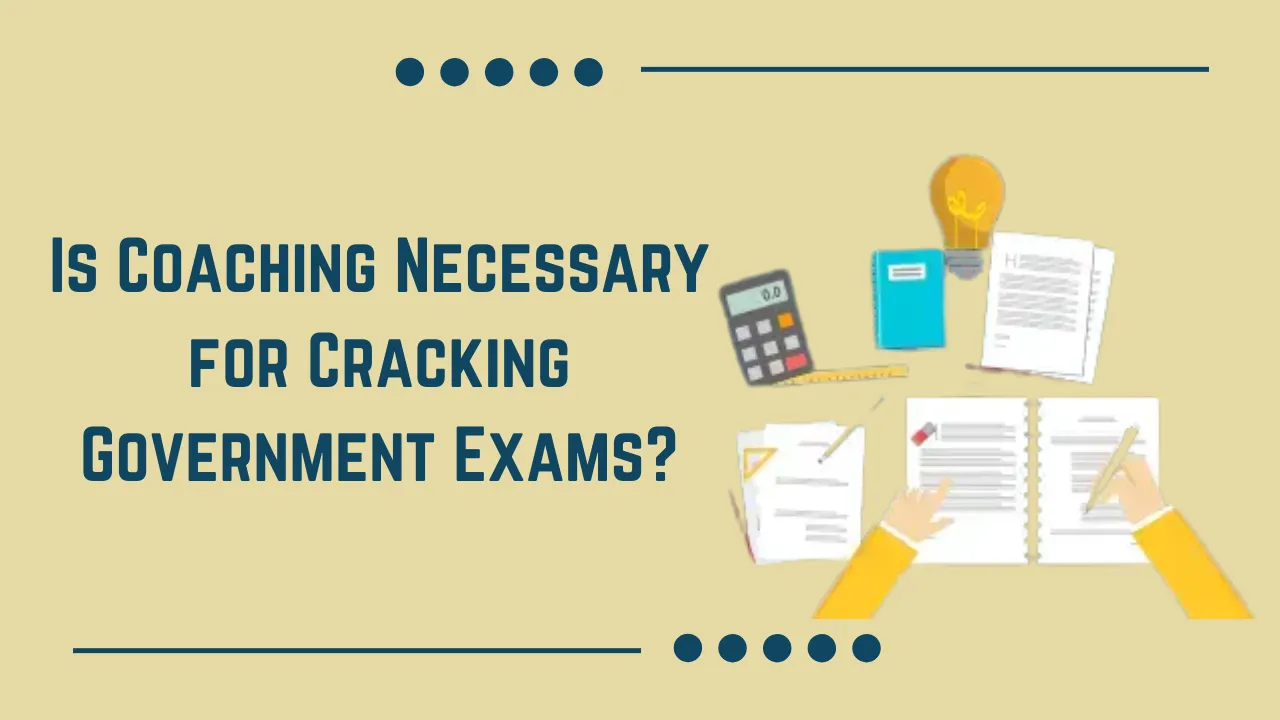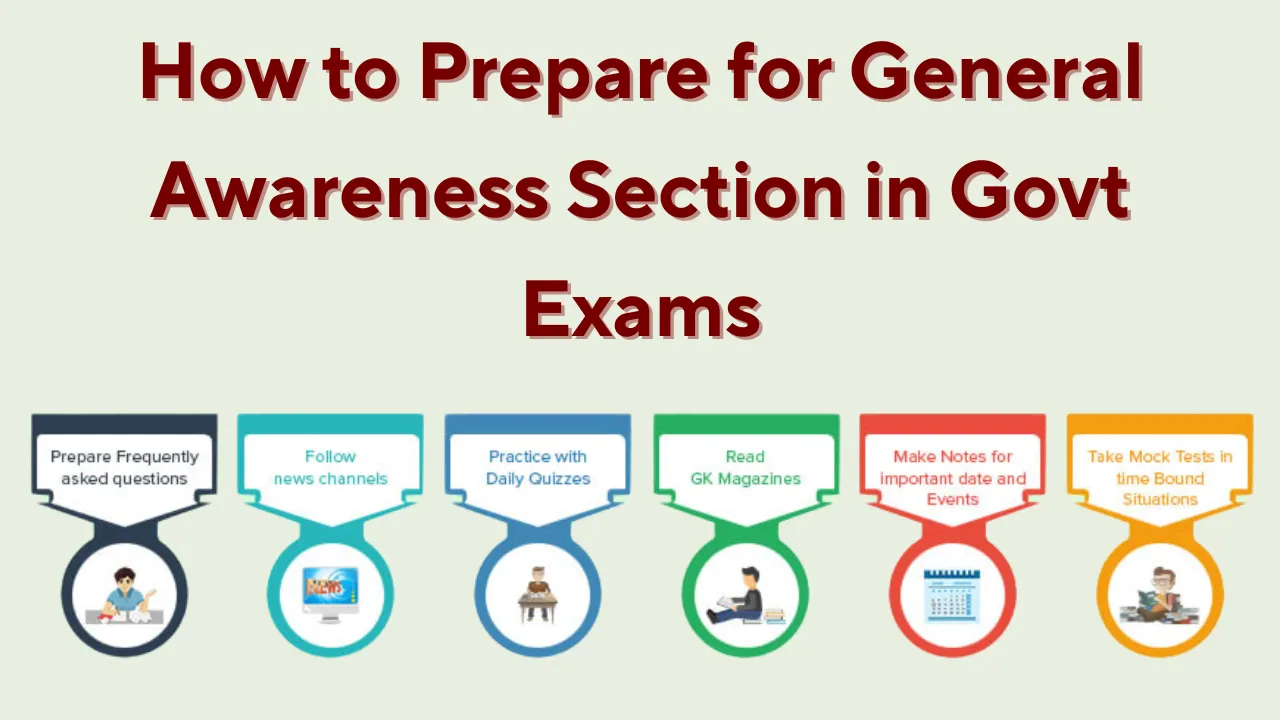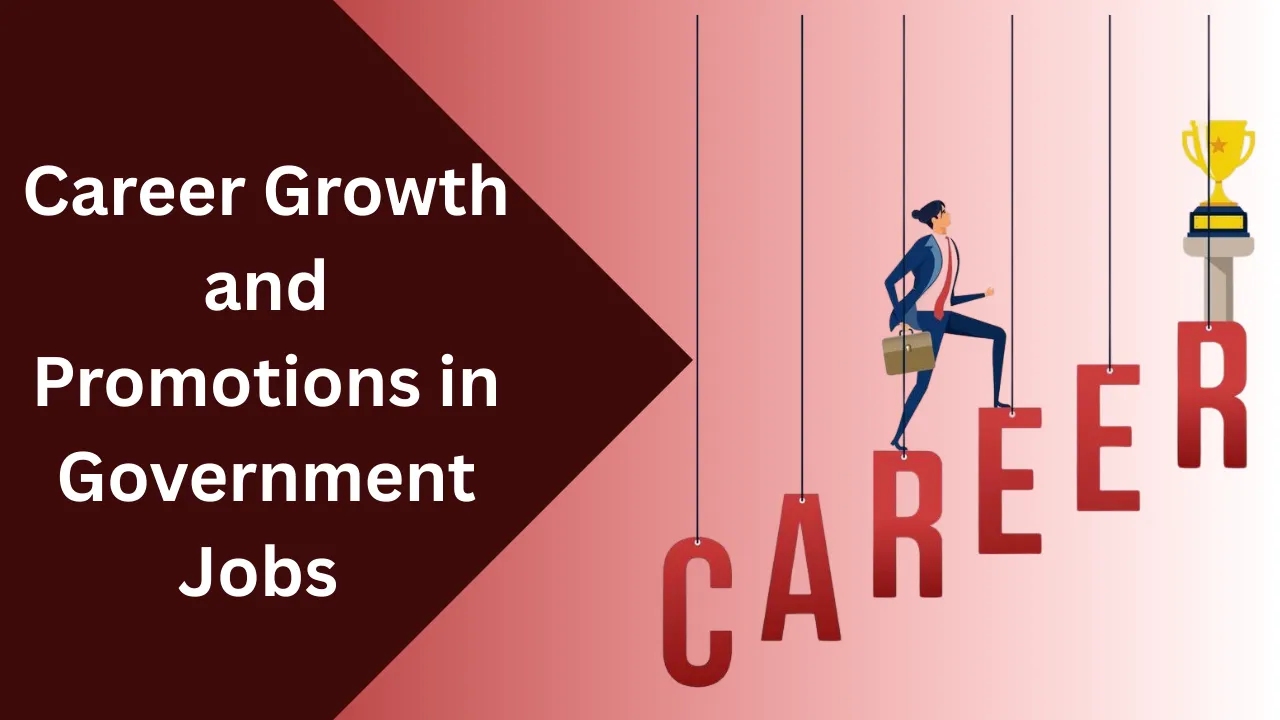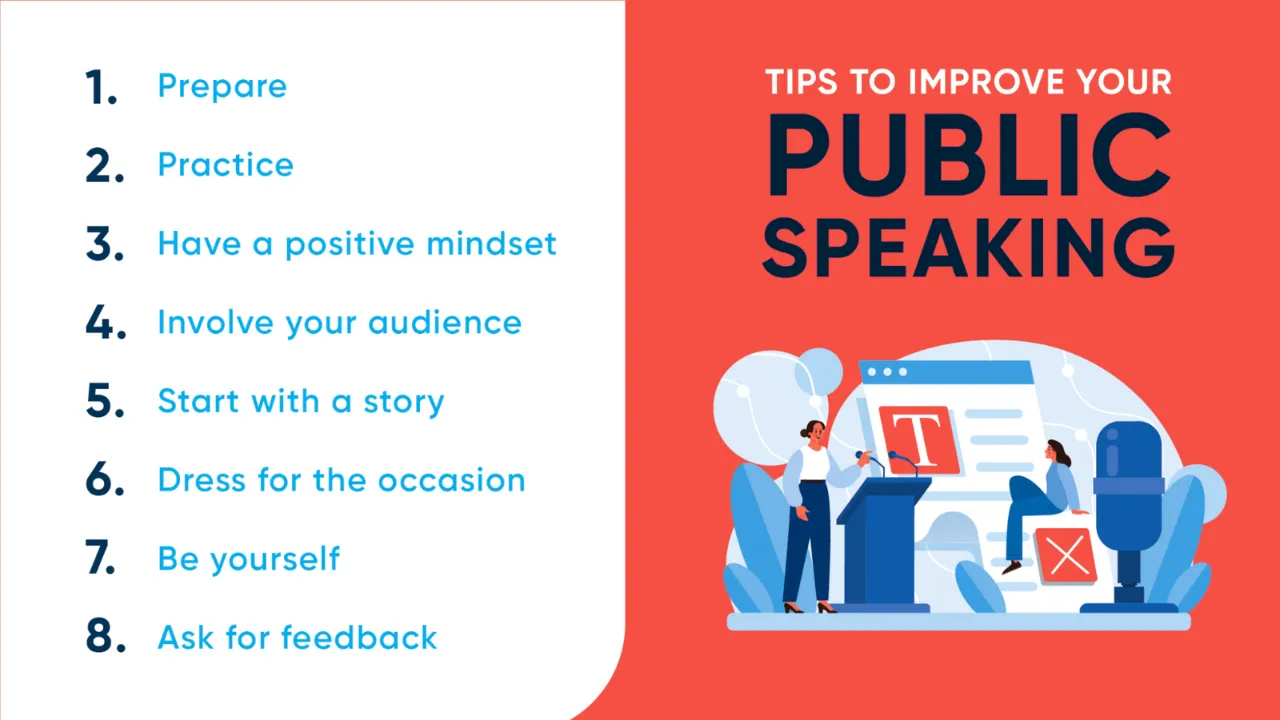Critical Thinking and Problem-Solving Skills: In today’s fast-paced world, making sound decisions and solving problems efficiently are essential skills. Whether it’s navigating challenges at work, understanding news articles, or making personal choices, the ability to think critically and solve problems helps you respond wisely rather than react emotionally. These skills not only support personal growth but also boost professional success.
This article explores how to improve critical thinking and problem-solving skills through practical, easy-to-apply strategies. From asking the right questions to using decision-making tools, these methods can sharpen your reasoning and help you approach situations with greater clarity and confidence.
How to Improve Critical Thinking and Problem-Solving Skills
Improving your critical thinking and problem-solving skills is not about having all the answers—it’s about developing a curious, analytical mindset. These skills involve breaking down information, evaluating it carefully, and using logical reasoning to make decisions. With regular practice and a few helpful techniques, you can train your mind to become more thoughtful, creative, and effective when solving problems.
Overview Table
| Strategy or Concept | Description | How It Helps |
| Asking Questions | Engage curiosity with “why,” “how,” and “what if” | Encourages deeper understanding and challenges assumptions |
| Analyzing Information | Break down complex data into smaller parts | Improves clarity and focus |
| Evaluating Sources | Check credibility and reliability of information | Helps make informed decisions |
| Identifying Biases | Recognize personal or external biases | Reduces errors in judgment |
| Practicing Problem-Solving | Solve puzzles, break down challenges | Builds structured thinking |
| Seeking Diverse Perspectives | Learn from others with different views | Expands understanding and reduces narrow thinking |
| Reflecting on Thinking | Review your thought process and conclusions | Encourages learning from experience |
| Logical Reasoning | Engage in debates or logic-based exercises | Strengthens argument-building and clarity |
| Staying Curious | Read widely, ask questions, and explore new topics | Builds a flexible and open-minded approach |
| Using Tools (Mind Maps, SWOT) | Apply visual or structured tools for thinking and decisions | Simplifies problem-solving and improves planning |
Understanding Critical Thinking
Critical thinking is the ability to analyze information objectively and form a reasoned judgment. It involves identifying key facts, understanding the structure of arguments, and avoiding bias. At its core, critical thinking encourages you to question assumptions, assess information carefully, and make decisions based on logic rather than emotion.
Some of the key elements of critical thinking include analyzing information, evaluating evidence, identifying bias, and drawing conclusions based on clear reasoning. These habits make your thinking more accurate and reliable in everyday situations.
Effective Strategies for Skill Improvement
Asking the Right Questions
A curious mind is the foundation of critical thinking. Ask questions like “Why is this true?”, “How does this work?”, or “What if I looked at it from another angle?” This habit deepens your understanding and helps uncover underlying assumptions that might go unnoticed.
Analyzing Information
When faced with a lot of information, break it down into smaller parts. Look for key arguments, supporting facts, and possible contradictions. This method makes it easier to understand complex situations and identify the core problem.
Evaluating Sources
Not all information is reliable. Learn to check the credibility of the sources you use—whether it’s news, online articles, or data. Consider the author’s background, the publication’s reputation, and whether the content is backed by evidence.
Identifying Biases
We all carry personal biases, whether we realize it or not. Being aware of them is the first step to reducing their influence. Seek alternative viewpoints to balance your thinking and avoid one-sided conclusions.
Practicing Problem-Solving
Take on challenges that require logical thinking—puzzles, brain games, or even real-world tasks. Break problems into steps, consider different solutions, and weigh their pros and cons before deciding.
Seeking Diverse Perspectives
Talk to people with different experiences, backgrounds, or opinions. Engaging in respectful discussions can open your mind and highlight blind spots in your own thinking.
Reflecting on Your Thinking
After making a decision or solving a problem, take a moment to reflect. Ask yourself what worked, what didn’t, and what you could have done differently. This reflection helps refine your thought process over time.
Developing Logical Reasoning
Get involved in activities like debates, structured arguments, or formal logic exercises. These help you form strong, reasoned arguments and recognize flawed logic in others’ viewpoints.
Staying Curious
Critical thinkers are lifelong learners. Read books, watch documentaries, or explore topics outside your comfort zone. Staying curious helps you keep an open mind and adapt to new ideas.
Tools and Techniques That Help
Mind Mapping
Mind maps are diagrams that connect ideas around a central topic. They help you organize thoughts visually, identify relationships between ideas, and generate new insights.
SWOT Analysis
This tool helps evaluate a situation by looking at Strengths, Weaknesses, Opportunities, and Threats. It’s especially useful for decision-making in business or personal projects.
Decision Matrices
A decision matrix allows you to compare multiple options based on different criteria. It helps clarify choices and supports logical, evidence-based decisions.
Applying Skills in Real Life
Critical thinking and problem-solving skills aren’t just for exams or work—they’re valuable in daily life. Use them when reading news, making purchases, or discussing ideas with others. For example, before making a big purchase, analyze your options, read reviews, and question marketing claims.
Look for situations that challenge you and require problem-solving. Whether it’s organizing a trip, handling a disagreement, or learning something new, each challenge is an opportunity to grow your thinking skills.
FAQs
What is the first step to improving critical thinking?
Start by asking more questions. Curiosity leads to deeper understanding and better evaluation of information.
How can I tell if a source is trustworthy?
Check who wrote it, their credentials, and whether the content is supported by facts. Reliable sources are often from well-known publications or experts.
Why is identifying bias important?
Bias can distort facts and lead to poor decisions. Recognizing it helps you think more clearly and fairly.
Can games and puzzles really improve thinking skills?
Yes, they challenge your brain to find solutions and improve your ability to approach problems logically.
Is critical thinking something you’re born with?
While some people may have a natural tendency to analyze, anyone can improve their critical thinking with regular practice and effort.
Final Thought
Learning how to improve critical thinking and problem-solving skills is one of the most valuable investments you can make in yourself. It empowers you to approach challenges with clarity, question the world with curiosity, and make better decisions in all areas of life. Start small, stay consistent, and keep your mind open.
If you found this guide helpful, feel free to share it with someone who wants to think more clearly, or leave a comment below with your favorite strategy. Keep learning, keep questioning!
